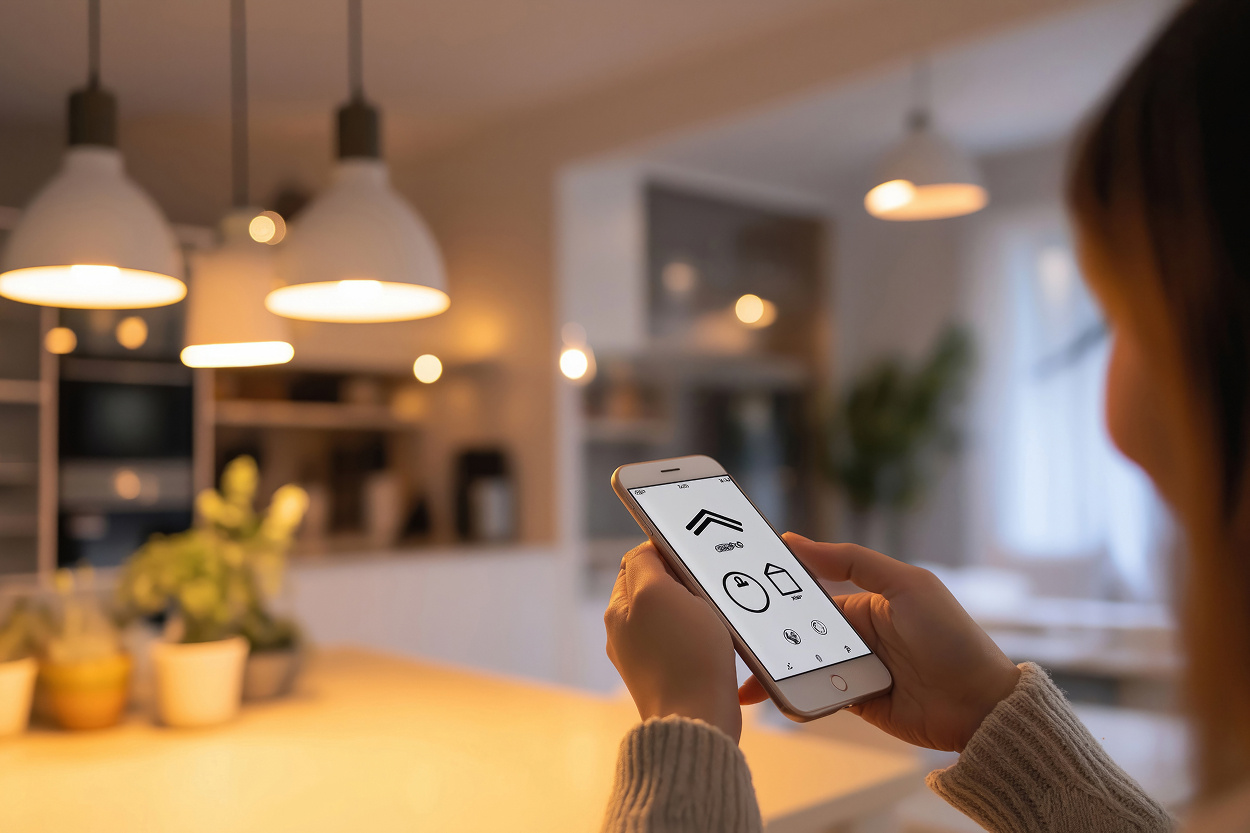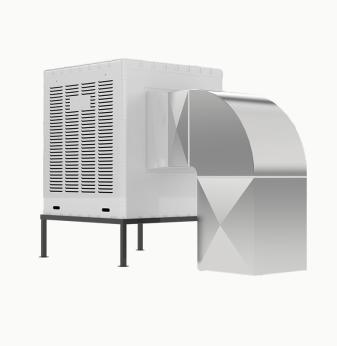Matter, Thread, and Zigbee: Shaping the Future of Smart Homes

The smart home market is booming, with an estimated 400 million smart home devices shipped in 2023 alone (Statista). However, one major barrier to mass adoption has been interoperability. Devices from different brands often struggle to communicate. That’s where three key technologies—Matter, Thread, and Zigbee — come into play. These protocols are setting new standards for connectivity, enabling seamless integration, better performance, and enhanced user experiences.
In this article, we’ll explore what Matter, Thread, and Zigbee are, how they differ, and how they collectively shape the future of smart homes.
What Is Matter?
Matter is a universal, open-source connectivity standard backed by the Connectivity Standards Alliance (CSA) and major players like Apple, Google, Amazon, Samsung, and IKEA.
Key Features:
| Feature | Description |
| Interoperability | Ensures devices work across ecosystems and brands |
| Security | Uses secure, end-to-end encryption |
| Local Connectivity | Works even without an internet connection |
| Open-Source | Encourages wide industry participation |
Matter aims to become the unifying protocol for smart home devices, making setup easier and more reliable for consumers.
What Is Thread?
Thread is a low-power, IPv6-based wireless mesh networking protocol specifically designed for connected home devices.
Why It Matters:
| Benefit | Explanation |
| Self-Healing Network | Mesh structure reroutes data to avoid dead zones |
| Low Power Consumption | Ideal for battery-operated devices like sensors |
| Scalability | Supports large networks with minimal latency |
| Security | End-to-end encryption and secure boot support |
Thread is the preferred networking layer for Matter, enabling stable and efficient communication.
What Is Zigbee?
Zigbee is a mature wireless protocol also maintained by the CSA. It’s been widely adopted in smart home products for over a decade.
Highlights:
| Aspect | Detail |
| Mesh Networking | Similar to Thread, Zigbee supports mesh topologies |
| Low Data Rate | Optimized for simple tasks like on/off commands |
| Vendor Adoption | Found in Philips Hue, IKEA TRÅDFRI, and more |
| Global Standard | Operates at 2.4 GHz with some regional variants |
While Zigbee has paved the way for smart home development, Matter and Thread aim to fix some of its limitations, particularly around IP support and vendor interoperability.
Matter + Thread + Zigbee: How They Work Together
While Matter is the application layer, it needs a transport protocol—this is where Thread (and Wi-Fi) step in. Zigbee, on the other hand, may not be directly compatible with Matter, but bridges and gateways are being developed to integrate Zigbee devices into Matter ecosystems.
Interoperability Matrix:
| Protocol | Application Layer | Network Layer | IP-Based | Role in Future Homes |
| Matter | Yes | Uses Thread/Wi-Fi | Yes | Core communication standard |
| Thread | No | Yes | Yes | Mesh transport layer |
| Zigbee | No | Yes | No | Legacy compatibility layer |
The real test of interoperability isn’t a living room—it’s a building with hundreds of flats and 1,000+ devices that all have to behave predictably. In our wireless smart thermostat device case study, the system was designed around an IEEE 802.15.4 mesh plus a gateway layer—exactly the kind of architecture that makes Thread attractive and helps legacy Zigbee-style networks scale reliably. The result: fewer wires, faster installation, and a platform that’s easier to certify, manufacture, and expand building by building.
Real-World Adoption
- Apple HomePod Mini acts as a Thread Border Router and supports Matter.
- Google Nest Hub (2nd Gen) is Matter-compatible and enables Thread device control.
- Amazon Echo (4th Gen) integrates Zigbee and is receiving Matter updates.
Market Impact:
| Company | Protocol Support | Ecosystem Role |
| Apple | Matter, Thread | Thread Border Router, iOS integration |
| | Matter, Thread | Nest ecosystem, Android support |
| Amazon | Matter, Zigbee | Alexa integration, legacy support |
| Samsung | Matter, Thread (SmartThings) | SmartThings hub, Android connectivity |
Benefits for Consumers
- Easier Setup: Unified QR codes and apps simplify installation.
- Greater Compatibility: Devices from different brands work together.
- Improved Reliability: Local networking reduces latency and increases uptime.
- Future-Proofing: Open standards ensure long-term support and scalability.
Challenges to Consider
- Firmware Updates: Older Zigbee or proprietary devices may need updates or bridges.
- Market Confusion: Consumers still need education on protocol differences.
- Hardware Readiness: Not all devices support Thread yet.

What the Future Looks Like
Matter, Thread, and Zigbee are not mutually exclusive. Instead, they are shaping a collaborative future where smart home devices just work—regardless of brand or platform. As more manufacturers adopt Matter and support Thread networking, we can expect smoother user experiences, better security, and accelerated growth in smart home adoption.
According to ABI Research, by 2030, more than 50% of smart home devices will support Matter. This shift will likely make Matter the de facto standard, with Thread playing a critical role in building resilient home networks.
Conclusion
Matter, Thread, and Zigbee are pivotal technologies in the evolution of smart homes. While Zigbee has served as a foundation, Matter and Thread are paving the way for more integrated, secure, and reliable smart home ecosystems. Consumers can look forward to devices that are easier to use, more compatible, and ready for the future.
Our Case Studies in Smart Home








